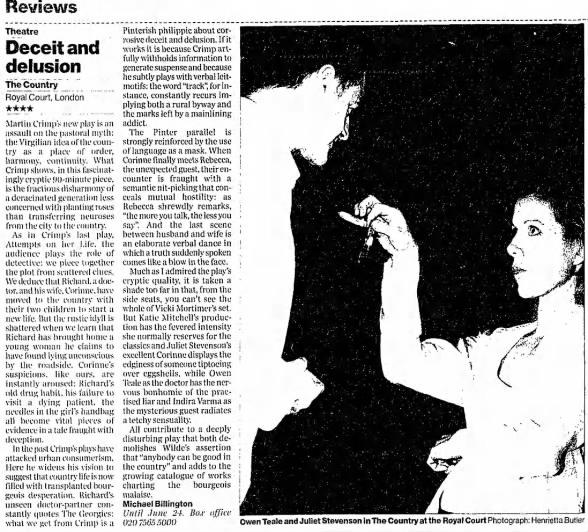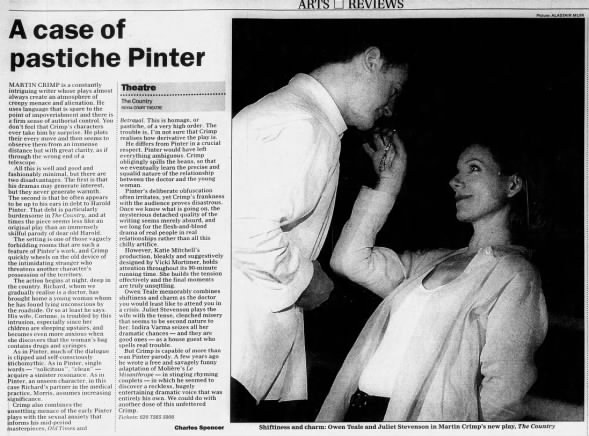To round off our short break in Stratford, we had arranged to see The Buddha of Suburbia.
I read this novel “back in the day” and remember really wanting to like it and enjoying the subject matter yet not liking it all that much as a novel. I also recalled that it had been turned into a TV series “back then”, which I didn’t see but which I imagined might have been a better medium for the story than the novel.
Thus, all those months ago when we planned this trip, I told Janie that I fancied seeing this show and she needed little persuading.
We are so glad we chose it.

The reviews were already out by the time we got to this one, not that we are raving about it just because the critics seemed so impressed. Here is an unfiltered link to reviews that should find good and bad ones – they seem pretty much all to be good ones.
We pretty much agree with the main points that flow from the reviews. On the whole we are not mad about long shows, but this seemed a breeze to us despite being close to three hours long (including the interval).
The 1970s look and soundscape was a trip down memory lane for us, much as it was for Hanif Kureishi I suppose. The main sentiment is joyous celebration of the era and coming of age, but there was plenty to think about too, in terms of the ugly aspects of that era, not least overt racism.
We sat in the front row, which got us caught up in the one small piece of audience participation in this show. That was mostly directed at Janie but also, in the end, also at me.

Still, we survived the experience and anyway Janie and I are used to people laughing at us.
At the time of writing there is as yet no sign of a West End transfer, but surely this wonderful piece will lend itself to a decent and successful run in The Big Smoke.







